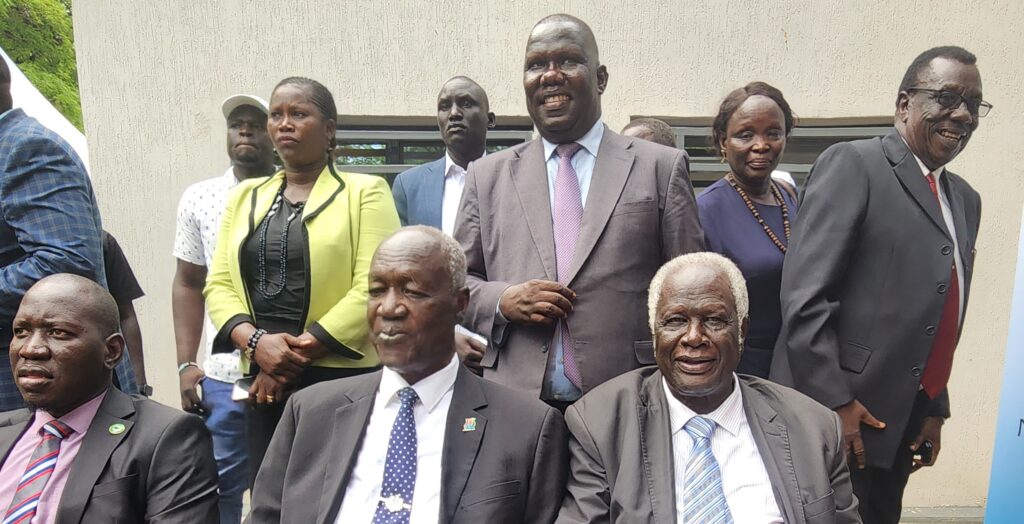South Sudan’s National Elections Commission (NEC) opened an office in Juba on Thursday for the State High Elections Committee as the country prepares for its long-delayed polls.
The elections, scheduled for December 2026, will be South Sudan’s first general elections since gaining independence in 2011. Previous attempts to hold the vote were postponed due to delays in completing a national census, drafting a permanent constitution, registering political parties, and implementing security reforms.
Speaking at the ceremony in Juba’s Hai Game neighborhood, NEC Chairperson Abednego Akok Kacuol said the office’s opening reflects progress toward the elections, supported by the president’s office and Central Equatoria State’s governor.
Akok said the commission has renovated offices in several states, including Central Equatoria, Western Equatoria, and Warrap, with plans to open them soon. He thanked Japan International Cooperation Agency (JICA) and the United Nations Development Programme (UNDP) for their support.
The NEC chair called the new office a sign that elections are approaching but acknowledged challenges, including gaps in the election law that require revision.
“Those who have read the act — if you compare the old and new versions — there are some gaps,” Akok said. “We have urged leadership to refine the document so it can be properly understood.”
He also cited a recent meeting with President Salva Kiir, who he said reaffirmed the government’s commitment to holding elections before the end of the transitional period.
George Aggrey Owino, interim chair of the Reconstituted Joint Monitoring and Evaluation Commission (R-JMEC), emphasized the need for a secure environment for campaigning and voting.
“Elections will not achieve their intended results without security,” Owino said. He urged political parties to prioritize dialogue and peaceful competition.
Kuol Manyang Juuk, head of the National Transitional Committee, said security concerns are being addressed, citing improved stability in Upper Nile State, including the previously conflict-affected area of Nasir.
South Sudan’s transitional government faces mounting pressure to ensure credible elections after years of delays and instability.




